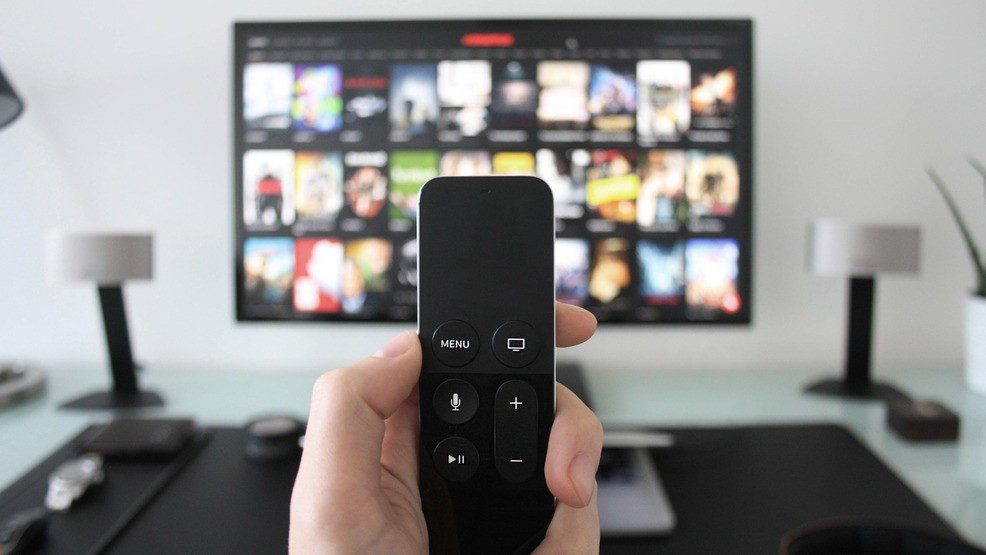
If you bought a “smart” TV this holiday season or are planning to, consider this warning to consumers from the FBI: The device sitting in your living room could be used to hack into your home computer network and spy on you.
“Beyond the risk that your TV manufacturer and app developers may be listening and watching you, that television can also be a gateway for hackers to come into your home,” the FBI wrote. “A bad cyber actor may not be able to access your locked-down computer directly, but it is possible that your unsecured TV can give him or her an easy way in the backdoor through your router.”
Have smart TVs gotten too smart?
We’ve come a long way from the black and white console TV with the giant picture tube. Today’s next generation smart TVs are fully computerized with complex software, internet connections, and even microphones and cameras to enable internet streaming services, facial recognition software, and voice-command features. Consumers today also have thousands of choices for content with the combination of cable channels and streaming services such as Netflix and Hulu.
But with all that connectivity and convenience comes a whole new set of risks – hackers, identity thieves, and other cyber criminals.
Cyber predators will try to access your network any way they can, either through a main access point or through a “back door” such as your smart TV.
Cyber criminals prey on network vulnerabilities. Unfortunately, while TV manufacturers are great at making TVs, they’re not so great at security. So, a smart TV connected to your network has the potential to give cyber prowlers an access point.
What can a hacker do with your TV?
Once in, a hacker might do something as innocuous as changing your channels or adjusting your volume. Or they might do something a lot more devious such as cyberstalking you through the camera and microphone – or even gaining access to your computer files.
Unfortunately, it’s not just the cyber criminals who are watching you.
It’s no secret that streaming services such as Hulu, Netflix, and YouTube are tracking what we watch. But TV manufacturers and app developers have increasingly been doing the same. Some smart TVs can track what you’re watching, whether on cable, streaming service, satellite, or DVD, and transmit this data back to the TV manufacturer. Smart TVs with microphones and cameras could potentially listen in on your conversations or watch you.
How can you protect yourself?
You’ll probably never completely control your smart TV’s collection and transmission of data, but at least take these precautionary measures:
Educate yourself on your device’s security settings.
Change default network passwords set by the manufacturer. Learn how to enable and disable microphones and cameras. If your smart TV doesn’t allow you to disable the camera, go old school and put a piece of black tape over it. Try turning off any Smart Interactivity options or anything that indicates the device is collecting and sending data.
Check to see if your TV will let you disconnect from your Wi-Fi network
If not, reset it to factory default settings. When it turns on again and goes through the setup process, don’t give it your wi‑fi password.
Check to see if your TV will let you disconnect from your Wi-Fi network Promptly install software updates when they’re put out by your TV’s manufacturer.
Updates will often include new anti-hack security, so you want to be sure your TV is updated. As we continue to add more Internet of Things (IoT) devices to our homes, it’s becoming increasingly difficult to protect our personal data. So, you need to be more diligent than ever about securing your home network and protecting yourself from cyber intruders.
Your personal protection should also include cyber insurance. It’s not just for businesses anymore. To learn more, contact the personal insurance team at Kaplansky Insurance.
